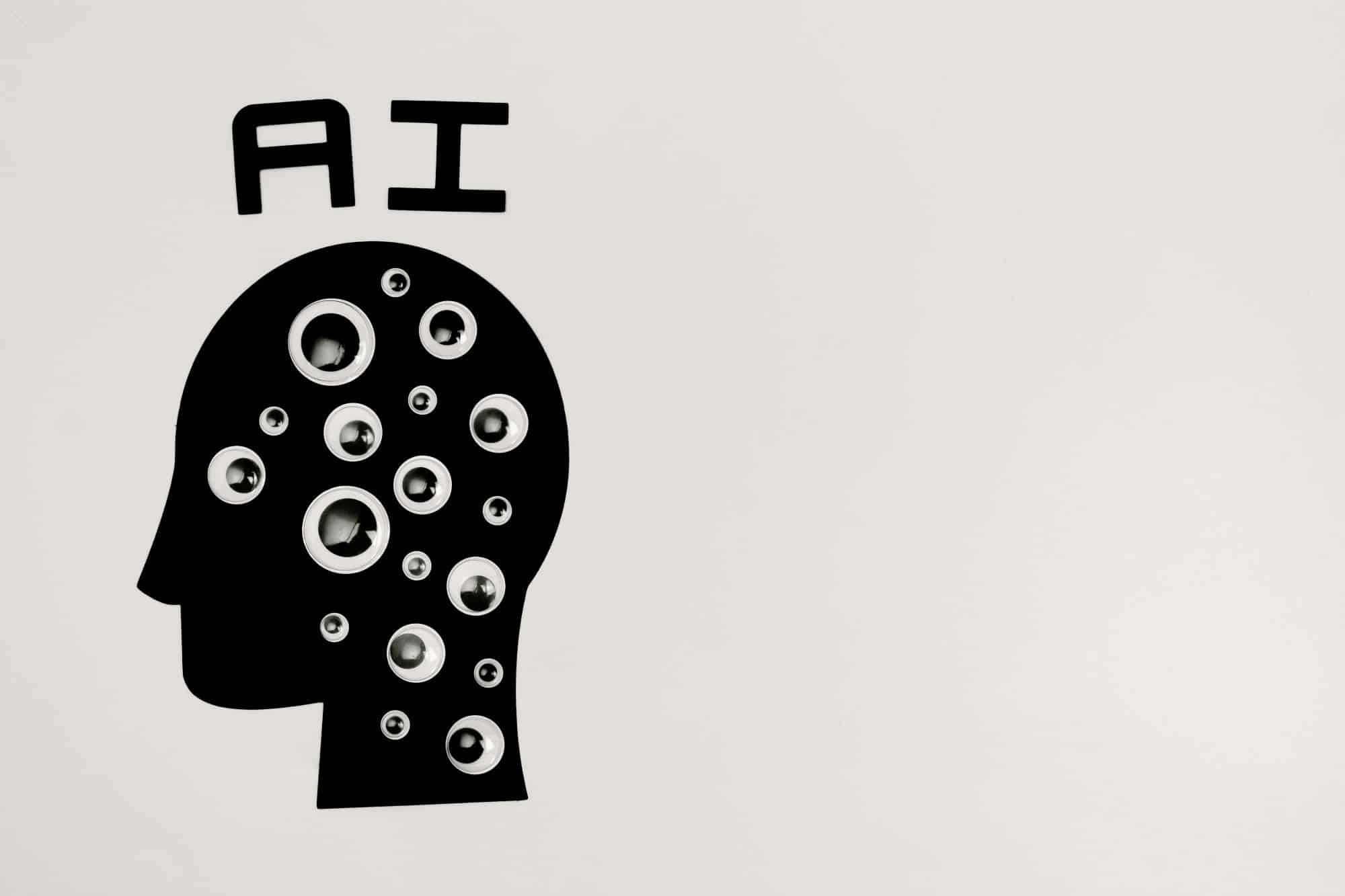Synology, a global leader in storage and data management solutions, has implemented an advanced artificial intelligence (AI) system that has increased customer response speed by 20 times, significantly optimizing the efficiency of its support services. With 13 million installations worldwide and nearly 280,000 technical support inquiries each year, Synology manages everything from basic product questions to complex configurations in IT enterprise environments. This transformation reinforces its commitment to providing high-quality support with quick responses, while always maintaining data privacy and regulatory compliance across all regions.
An Innovative AI Approach to Customer Support
With the advent of large-scale language models (LLMs) like GPT-3 and ChatGPT, Synology explored ways to enhance the efficiency of its customer service through AI. However, instead of directly implementing LLMs, Synology developed a system based on the Retrieval-Augmented Generation (RAG) technique. This method allows the company to leverage its own database, ensuring that customer responses are accurate, relevant, and compliant with internal policies.
Steven Liang, Manager of Generative AI Applications at Synology, explained: “By integrating RAG, we can provide accurate and helpful responses to customer inquiries while maintaining high standards of privacy and security. This enables us to efficiently address routine queries, freeing our support team to focus on more complex cases that require human attention.”
How Synology’s AI System Works
Synology’s RAG-based support system follows a four-step process designed to ensure data privacy and efficiency:
- Building a Comprehensive RAG Database: The process begins by creating a database from technical service records from the past year, which undergo a de-identification process to protect customer privacy. The data is then segmented and indexed to facilitate retrieval, with semantic embeddings optimizing searches.
- Analyzing Customer Needs: Upon receiving a support request, the AI first anonymizes the data and then assesses the customer’s intent. If the request requires specialized technical support or remote diagnostics, the system routes it to a human consultant. In other cases, the AI determines the best response, either by extracting information or suggesting additional interaction steps with the customer.
- Retrieving Contextually Relevant Data: Through semantic search, the AI extracts relevant historical cases to construct an accurate response. Synology is also improving the relevance of its results through a re-ranking model, which recalibrates results based on their similarity.
- Generating Policy-Compliant Responses with Oversight: The AI generates responses based on the customer’s intent, the data obtained, and Synology’s guidelines. Additional checks are performed to ensure that no sensitive information is included. If human review is required, the support team evaluates the AI-generated suggestion before sending it to the customer.
A Leap Toward Efficiency in Customer Support
With this architecture, Synology’s AI system has drastically improved response times for routine inquiries. “AI-powered support allows us to respond up to 20 times faster, ensuring that our customers receive the help they need much more efficiently,” Liang commented. By automating simple inquiries, Synology enables its support team to concentrate on the more complex and urgent cases, reinforcing their commitment to personalized service.

